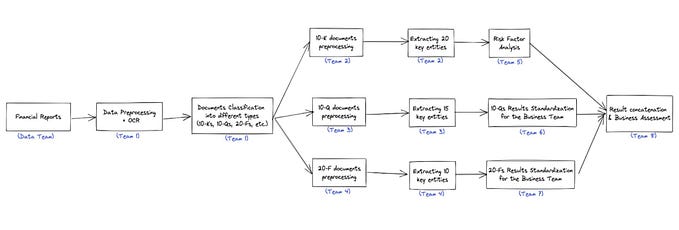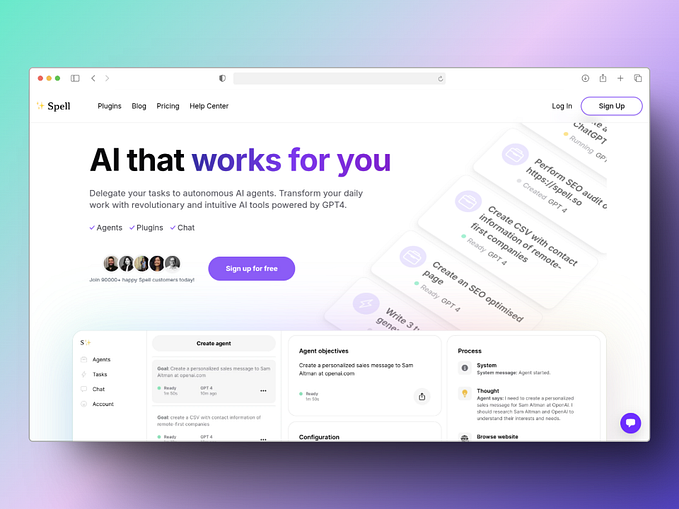Brands Succeeding in the Metaverse:
Nike and Liverpool FC Case Study

The virtual world concepts are growing on brands, with the global metaverse market revenue crossing US $58.5 billion in 2021, and expected to advance at a CAGR of 43.7% in the next 8 years, estimated to reach US $1,525.7 billion by 2030 according to this report. While the metaverse has proven a successful move for some brands, many more struggle to integrate it, although interest is there.
In this article, we’ll take a look at two very different cases from two very different brands: Nike and Liverpool FC. We’ll explore the successes and failures of each Web3 campaign, and see what lessons can be learned for brands looking to enter the metaverse space. Finally, we’ll discuss how MetaversusWorld can help brands experiment with Web3 using tailored metaverse strategies.
Welcome to Nikeland!
Nike is one of the most successful brands in the world, with many individuals globally considering the brand as a ‘household name’, and their grand entrance into the metaverse has been just as impressive.
Nikeland, created on Roblox, is a virtual world created by Nike that allows users to interact, socialise, take part in promotional opportunities, and engage with a range of brand experiences. This metaverse campaign was a resounding success, with 7 million visitors stopping to explore the new world in the first 2 months, and more than 21 million visitors as of October 2022. It’s also been favoured by over 118,000 gamers, due in part to the fact that Nike considered the user experience and sense of ownership from the very beginning.
What We Can Learn from Nikeland
Make it fun and engaging! Make your community part of the story. They created a world that was fun and easy to navigate, with plenty of opportunities for users to engage with the brand in a way that’s not possible in Web2. The brand were focused on the changing interactive user experience, and considered 3 crucial aspects:
- Presence
- Persistence
- Shareability
They successfully created ever-changing ways to excite audiences and keep them wanting more, whilst encompassing the message of also sharing these important experiences with friends. As a result, Nikeland has become one of the most popular metaverses around, and is a great example of how brands can succeed in this space.
In contrast, Liverpool FC’s recent Web3 NFT campaign was a complete failure… Or was it?
Enters the LFC Heroes Club…
Liverpool FC released a range of NFTs (non-fungible tokens) named ‘LFC Heroes Club’ that fans could buy, with the promise of exclusive experiences and access to the club. However, the NFTs turned out to be worthless. The sale was predicted to earn $8.5 million, but only around 10,000 of the initial ‘Hero’ drop was sold at £57 each and many fans lost money from buying them. Furthermore, the campaign did not incorporate any community or experience-focused elements, nor did it incorporate a sense of ownership which are some key reasons why it failed.
What We Can Learn from LFC Heroes Club
While NFTs are great digital assets, they are not just simple “collectibles” for fans. Integrate utility, metaverse-gated access, and special loyalty programs to keep the community alive.
This example highlights the importance of considering the community and user experience when entering the metaverse, and considering the concept of ownership whereby a good community strategy drives that feeling of ownership and genuine participation — a vital component for encouraging a consumer to engage with a brand in the Web3 space.
Considering that football culture encompasses such a strong, unique sense of community, which wasn’t translated through the NFT project they launched, this project can be described as a failed attempt at bringing fans closer to the club. Additionally, Liverpool FC didn’t think of smart ways to directly connect the overall brand experience to an ownable digital asset. There are questions around whether the brand jumped onto this project too quickly in an attempt to capitalise on the quickly expanding Web3 industry, and perhaps with a stronger strategy which incorporated elements of community, experience, ownership, and a consumer-first mindset, the campaign would have been a great success.
This example also highlights the importance of working with an experienced metaverse partner to help your brand ensure these elements are being considered throughout the entire process.
Summary
If you’re a brand looking to enter the metaverse, it’s important to learn from both Nike and Liverpool FC’s examples. Make sure to consider the user experience from the beginning, and create a world that is fun and easy to navigate. In addition, don’t forget about the importance of community — make sure there are plenty of opportunities for users to interact and engage with your brand. And finally, work with an experienced metaverse partner like MetaversusWorld who can support your brand through every step to make sure your metaverse campaign is a success.

About MetaversusWorld:
If you’re considering taking that next step into the metaverse and becoming an innovator in your space, MetaversusWorld can assist you in the entry into and development of your very own metaverse.
We help brands understand, experiment, integrate, and transition from Web2 to Web3 by creating fully immersive metaverse experiences that drive holistic value. MetaversusWorld creates hyper-realistic environments, avatars, engaging and diverse activities, rewards, customisation, exploration, and more! With already existing worlds such as WildWestVerse, FashionVerse, and CityHall, the opportunities are limitless. What will you build?
Don’t play it, live it.
Website: https://metaversus.world/
Twitter: https://twitter.com/MetaversusWorld
Discord: https://discord.com/invite/Pm9jvmHHFh
Telegram: https://t.me/MetaVersusGlobal









